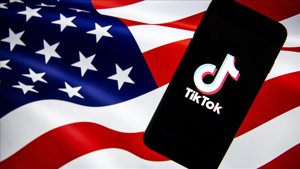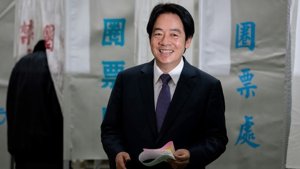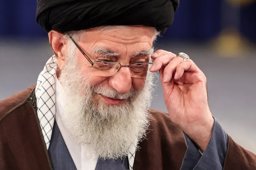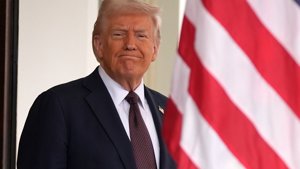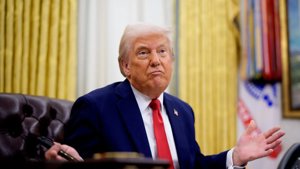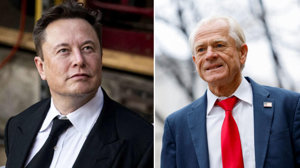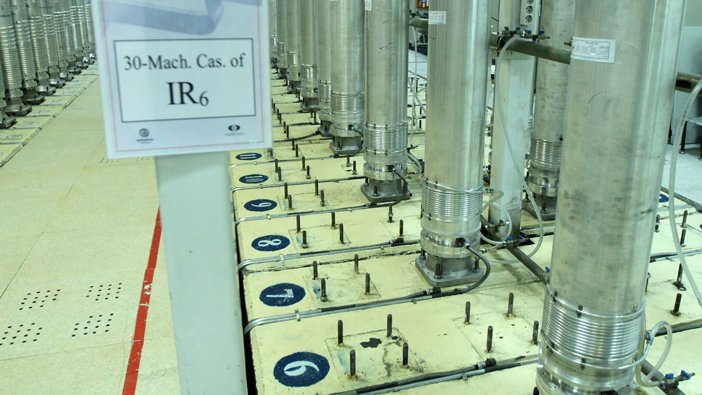
Trump Eyes Iran Nuclear Deal Talks
The Trump administration is intensifying efforts to negotiate a new nuclear agreement with Iran, aiming to restrict Tehran’s uranium enrichment and address its potential weaponization program. Special Envoy to the Middle East Steve Witkoff stated that the U.S. seeks to cap Iran's enrichment levels, not to dismantle the entire nuclear infrastructure. Referencing the 2015 deal’s 3.67% limit, Witkoff noted that Iran is currently enriching uranium at 60% in some instances, calling the situation unacceptable.
Witkoff emphasized that the success of any agreement depends on rigorous verification of Iran’s activities. “The agreement must be a Trump deal,” he said, adding that it must ensure long-term peace and stability in the Middle East. “Iran must stop and eliminate its nuclear enrichment and weaponization program,” he wrote in a statement published on X.
Talks between the U.S. and Iran resumed last Saturday for the first time in years, with the next round scheduled for April 19. Iranian Supreme Leader Ayatollah Ali Khamenei commented that while Tehran is skeptical of Washington’s intentions, it remains optimistic about its own negotiating strength and supports continued talks. “We are not overly pessimistic or optimistic,” he said, urging cautious engagement.
Meanwhile, speculation arose about a U.S. proposal for Iran to transfer its enriched uranium stockpile to Russia as part of a future deal. Kremlin spokesman Dmitry Peskov refused to comment on the issue, while reports suggest Tehran would likely reject such an initiative. The Guardian previously reported Iran’s hesitancy toward third-party uranium transfers, seeing them as infringements on sovereignty.
To prepare for the next negotiation round, President Trump held a classified meeting in the White House Situation Room. Attendees included Vice President JD Vance, Secretary of State Marco Rubio, Secretary of Defense Pete Hegseth, National Security Adviser Mike Waltz, CIA Director John Ratcliffe, and Witkoff himself. The meeting revealed internal divisions: Rubio and Waltz favored a tougher stance, while Vance and Witkoff argued for a diplomatic approach involving calculated compromises.
As Iran signals guarded engagement and the U.S. balances competing views, the upcoming talks are set to test whether diplomacy can cap nuclear risks and usher in a new framework for regional security under Trump’s leadership.

